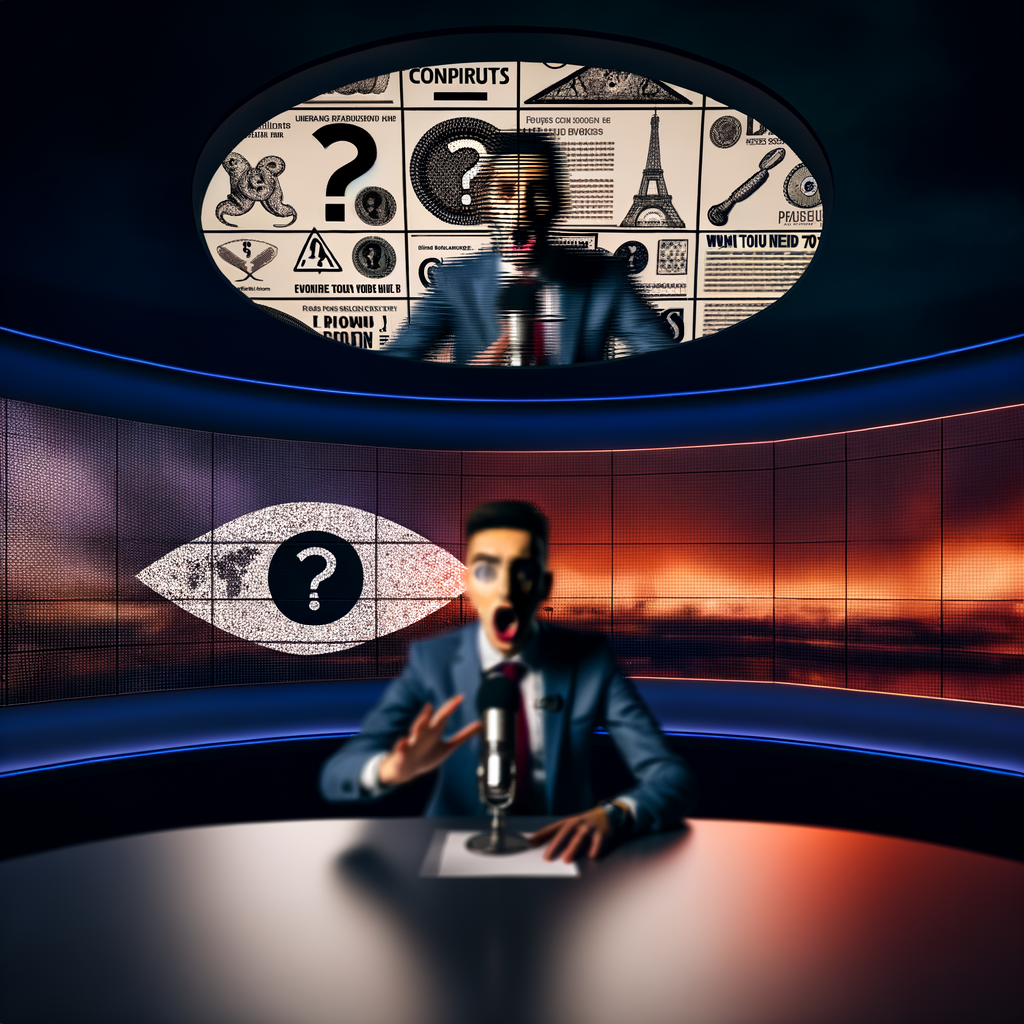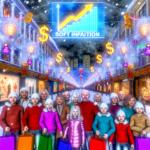Unpacking the Controversy: The Scientific Debate on COVID-19 Origins
In a recent discussion that has stirred the pot of public opinion, conservative political commentator Tucker Carlson engaged with Dr. Andrew Huff, a figure who has made headlines for his controversial claims regarding the origins of COVID-19. Dr. Huff’s assertion that the theory surrounding the virus’s origins is “scientifically true” has raised eyebrows and ignited a debate that resonates far beyond the confines of scientific circles. This article delves into the implications of this conversation, particularly for our readers in Jersey, Channel Islands, and the broader international community.
The Background of the Debate
The origins of COVID-19 have been a hot topic since the pandemic began. While many have pointed fingers at the Wuhan lab theory, others argue for a natural zoonotic spillover. Dr. Huff, who has positioned himself as a whistleblower, claims that the lab leak theory is not just plausible but scientifically validated. This assertion, however, is met with skepticism from a significant portion of the scientific community, which continues to advocate for a more cautious interpretation of the evidence.
What Dr. Huff Claims
- Lab Leak Theory: Dr. Huff argues that the virus was engineered and accidentally released from a laboratory, a claim that has gained traction among certain political circles.
- Scientific Validation: He insists that there is substantial evidence supporting this theory, despite the lack of consensus among virologists and epidemiologists.
- Political Implications: The discussion has broader implications, as it touches on issues of transparency and accountability in scientific research and government oversight.
The Scientific Community’s Response
While Dr. Huff’s claims have found a receptive audience among some conservative commentators, the scientific community remains divided. Many experts argue that the evidence for a natural origin of the virus is still the most compelling. The World Health Organization (WHO) and other health bodies have called for further investigation into both theories, but the lab leak hypothesis has not been definitively proven.
This division is not merely academic; it has real-world consequences. The narrative surrounding the origins of COVID-19 influences public trust in health institutions and government responses to future pandemics. For our readers in Jersey, understanding these dynamics is crucial, as they reflect broader trends in governance and public health policy.
Local Implications for Jersey
As the debate rages on, Jersey’s government must remain vigilant in its public health messaging. The island has been relatively successful in managing the pandemic, but any erosion of public trust could have dire consequences. If the public begins to question the integrity of health information, it could lead to vaccine hesitancy and non-compliance with health guidelines.
Moreover, the potential for misinformation to spread is a concern that local authorities must address. The government should focus on transparent communication and ensure that the public is well-informed about the science behind COVID-19 and its origins. This is particularly important as we navigate the complexities of post-pandemic recovery.
NSFW Perspective: A Call for Critical Thinking
In the age of information overload, it is essential for readers to approach claims—especially those as contentious as the origins of COVID-19—with a critical eye. While Dr. Huff’s assertions may resonate with certain political ideologies, it is vital to sift through the noise and seek out credible sources and scientific consensus.
As we reflect on the implications of this debate, let us remember that the pursuit of truth should not be clouded by political agendas. For the residents of Jersey, staying informed and engaged in these discussions is not just a civic duty; it is a necessity for ensuring the health and well-being of our community.
In conclusion, while the conversation surrounding COVID-19’s origins continues to evolve, our commitment to critical thinking and informed discourse must remain steadfast. After all, in a world where misinformation can spread like wildfire, the best defence is a well-informed public.




